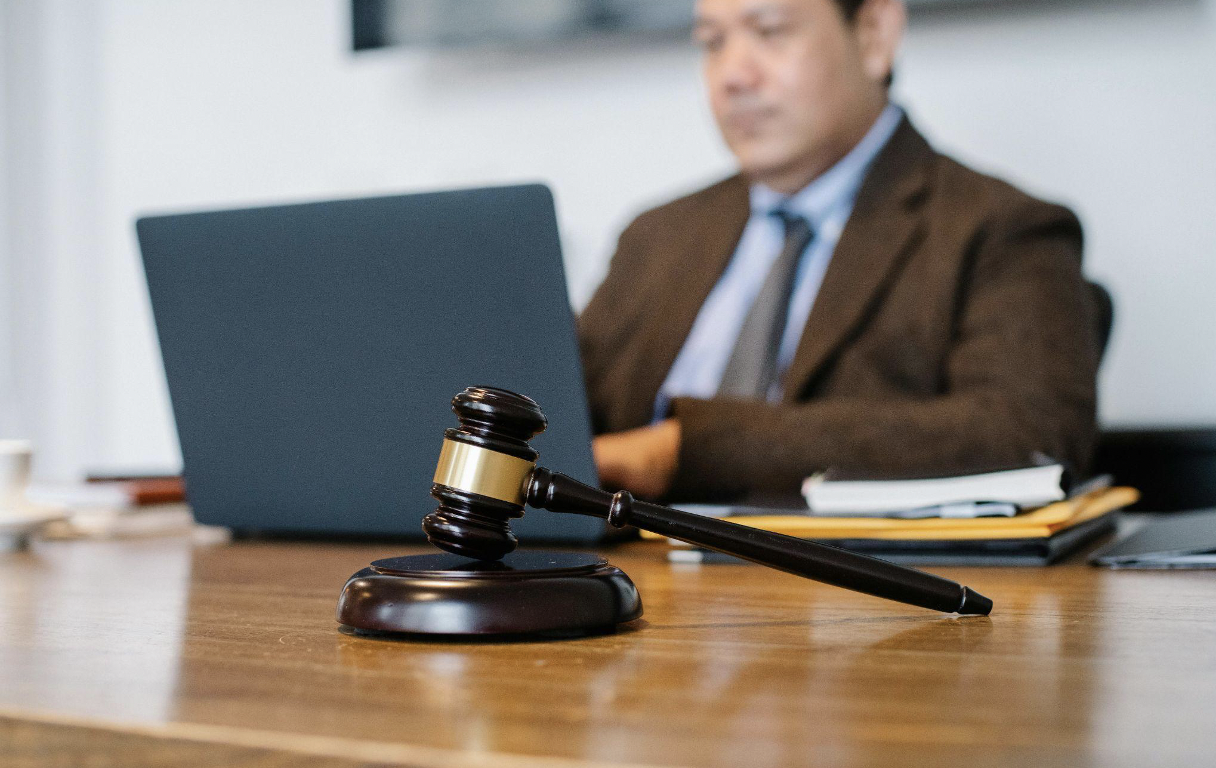
If you've ever watched a courtroom scene on TV, you're probably familiar with the back-and-forth drama between lawyers. But those shows only scratch the surface. The real work of a criminal defense attorney is much more detailed, and it starts long before anyone stands in front of a judge.
Defense attorneys play a key role in the justice system. They help people understand the charges against them, guide them through the legal process, and work hard to get the best outcome possible. Whether someone is facing a minor offense or a serious felony, a defense lawyer is there to protect their rights every step of the way.
Let’s break down what they really do—day in and day out.
A big part of a criminal defense attorney’s work happens outside of the courtroom. As soon as they take a case, they begin gathering information. This includes reviewing police reports, interviewing their client, and collecting evidence. They may also speak with witnesses, visit the crime scene, or hire experts to help support the case.
These early steps are all about building a solid foundation. If anything looks off—like missing evidence or an inconsistent story—they’ll dig deeper. The goal is to understand what really happened and to spot any weak points in the prosecution’s case.
Many criminal defense attorneys start their careers by earning a BS in criminal justice online, which gives them a strong foundation in law, ethics, and criminal behavior. This type of program helps future attorneys learn how the justice system works before they ever step foot in law school.
From the moment someone is arrested, they have rights. It’s the attorney’s job to make sure those rights are protected. That includes the right to remain silent, the right to legal counsel, and the right to a fair trial.
If the police didn’t follow proper procedures—like reading someone their Miranda rights or getting a search warrant—the attorney can challenge the evidence. These issues might lead to key parts of the case being thrown out.
Attorneys also help their clients avoid saying something that could hurt their case. They guide them through questioning and explain what to expect during each step of the legal process.
Not every case is the same, so a defense strategy needs to match the situation. After reviewing the details, the attorney decides how to move forward. That could mean trying to prove their client’s innocence or showing that the charges are too harsh.
They look at legal precedents, analyze evidence, and sometimes even hire private investigators. Every choice they make is based on helping their client achieve the best possible result.
A big part of the strategy is also knowing how the local courts operate. Experienced defense attorneys understand how judges and prosecutors think, which helps them shape their arguments more effectively.
A large number of criminal cases don’t go to trial. Instead, the attorney negotiates a plea deal with the prosecutor. This often results in reduced charges or lighter sentences.
The attorney explains all the options to the client. Should they accept the deal or take their chances in court? Each choice comes with risks and benefits. A good defense lawyer helps their client weigh those carefully.
Negotiating a plea deal takes skill. The attorney needs to understand the prosecution’s position and present reasons why a deal is the better option for both sides.
If the case goes to trial, the attorney steps into the courtroom. This is where their preparation really counts. They make opening statements, present evidence, and question witnesses. They also cross-examine the prosecution’s witnesses to look for inconsistencies or mistakes.
Throughout the trial, the defense attorney keeps the jury focused on one thing: reasonable doubt. If they can show that there’s even a small chance their client didn’t commit the crime, that might be enough for an acquittal.
They also respond to the judge’s rulings and objections in real-time, always staying alert and focused.
Facing criminal charges is stressful. Many clients don’t understand the legal terms or know what’s going to happen next. A good defense attorney takes the time to explain things clearly. They answer questions, give updates, and prepare their client for court.
They also provide honest advice. That means discussing the strengths and weaknesses of the case openly—even if it’s not what the client wants to hear. Trust is important in these situations, and the attorney works hard to build that trust from the start.
Even when the trial ends, the job might not be over. If the outcome isn’t favorable, the attorney may help file an appeal. They’ll look at how the trial was handled and see if any legal mistakes were made that could change the result.
In some cases, the attorney assists with things like probation conditions or early release programs. They make sure their client understands what’s required and help them stay on track.
Some defense attorneys even stay in touch long after the case is over, especially if the client needs help with record expungement or legal guidance in the future.
A criminal defense attorney wears many hats. They are investigators, negotiators, advisors, and advocates. They look out for their client’s best interests at every stage and work hard to make sure the legal system treats them fairly.
Their job isn’t easy. It takes strong communication, patience, legal knowledge, and a lot of determination. But for those who choose this path, it’s one of the most important roles in the justice system.
Whether they’re in the courtroom or working behind the scenes, defense attorneys help make sure every person—no matter their background—has someone in their corner. And that’s something worth understanding better.